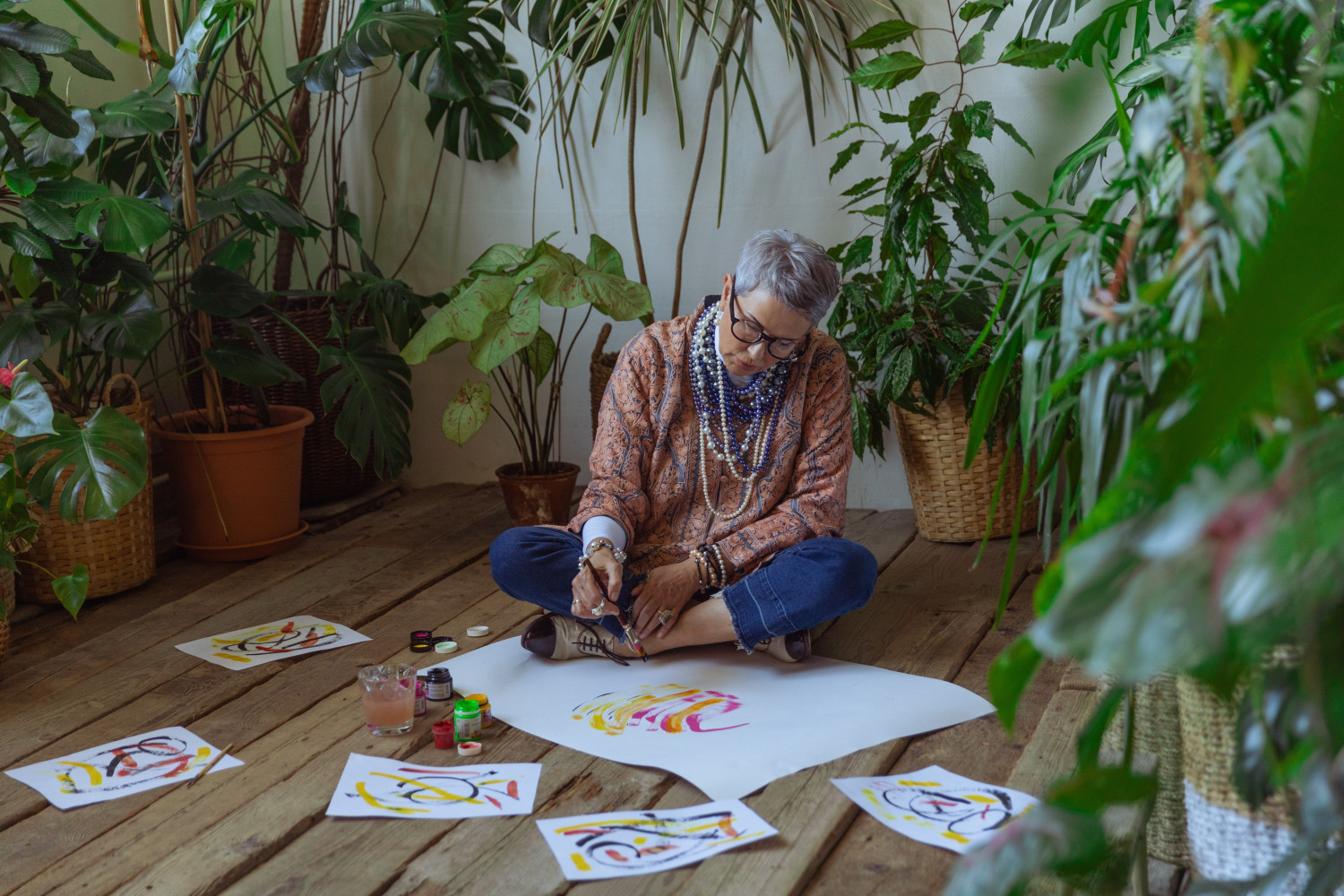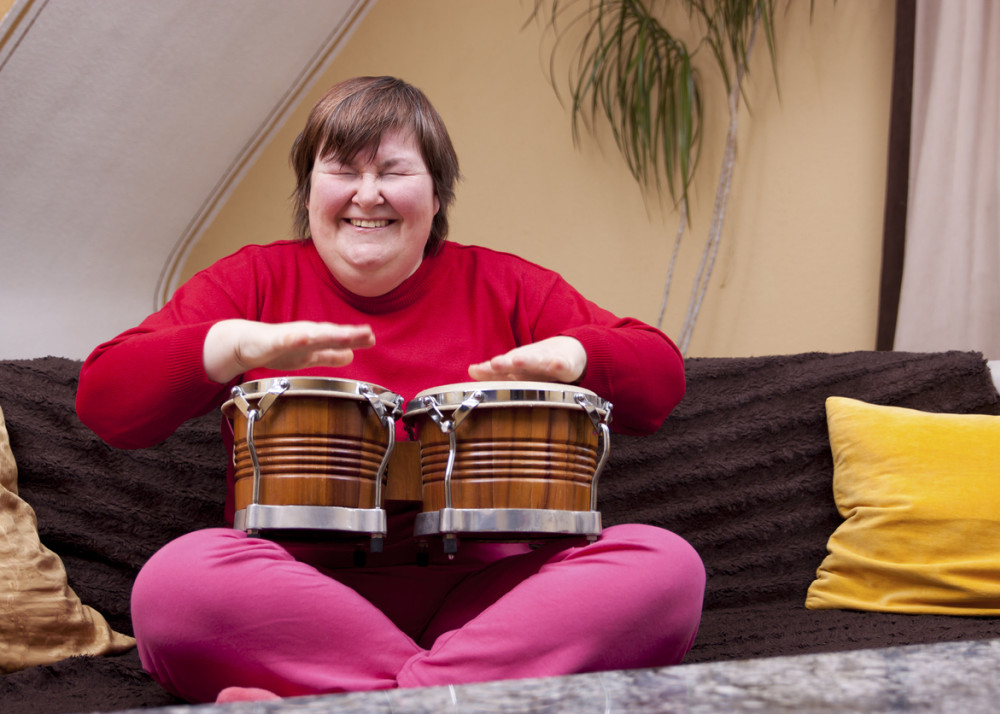The Benefits of Art Therapy
22 July, 2021
Art therapy is so much more than self-expression. It takes an engaging approach to healing, whilst improving social behaviour and self-esteem. Art therapy for older people and people living with a disability can improve physical, social, and emotional health. Focus Care has explored the key benefits of engaging in art therapy.

What is art therapy, and how does it help?
Art therapy is a blend of psychology and creativity. Essentially, it involves creating art as a means for an individual to express themselves in a visual manner, as opposed to verbal or written forms of communication. It is a technique rooted in the idea that creative expression can foster healing and mental well-being. Art therapy is increasingly being used in the aged care and disability sphere, helping with communication and connection with those around them.
Art therapy can be used to complement traditional health treatments. It ultimately helps in reducing stress and anxiety, and processing feelings and managing behaviours. Self discovery, self-esteem boosts, and emotional releases are a few of the ways that art therapy can help.
What are the benefits of art therapy?
The benefits of creative therapies, particularly art therapy, is widely acknowledged in the fields of disability support, aged care, and dementia. This is especially evidenced by the impact that art therapy has on mental, social, and physical wellbeing.
The Allied Health Professions Australia (AHPA) has put together a list detailing many different reasons that someone may benefit from seeing an art therapist. These include:
Expressing feelings that may be difficult to verbalise
Exploring their imagination and creativity
Developing healthy coping skills
Improving self-esteem, communication skills, and confidence
Sharing in a safe, nurturing environment
Improving motor skills and physical coordination
A number of these benefits can be experienced in both individual and group art therapy sessions.
 Art therapy for older people
Art therapy for older people
Many older people find it easier to communicate and express emotions through art then other forms of communication, such as verbal or written. Creative thinking lasts late into life, sometimes much more so than verbal reasoning. Among others, older people might especially find benefits from art therapy in the areas of improved memory, reduced pain, and relief from chronic conditions.
Art therapy for people living with a disability
By using creative forms such as painting, drawing, and sculpting, a person living with a disability can use art therapy as an effective way to communicate emotions and feelings. Additional benefits include an increased sense of self-empowerment, improved interpersonal skills, and an increased sense of meaning and purpose.
 Does art therapy actually work?
Does art therapy actually work?
Extensive research has been done on art therapy which indicates its effectiveness. People who have experienced psychological challenges can especially benefit from art therapy. Overall, an art therapist will aim to engage a person’s mind and body, extending beyond verbal or written communication.
Individuals can explore sensory, perceptual, kinesthetic and symbolic opportunities for self-expression and connection. Improvements in perception, emotional regulation, and behaviour have all been reported as a direct link to art therapy.
Art therapy with Focus Care
At Focus Care, we provide personalised on-one-one Art Therapy sessions, as well as group art courses. Our art therapy sessions are facilitated by ANZACATA registered Art Therapists, in safe and nurturing environments.
Our art therapists work with seniors, people living with a disability, and people living with dementia. Art therapy is available as apart of your NDIS plan, or Home Care Package. It is also offered privately. Our on-one-one art therapy sessions can be held in your own home, at our Sydney or Melbourne office, or remotely via Zoom.
If you or a loved one would like to learn more about our art therapy services, or any other creative therapy services we offer, please contact us today.
Additional Resources
Art Therapy for Adults With Learning Disabilities
What is Art Therapy & How It Works
Art therapy helps dementia patients communicate and connect




